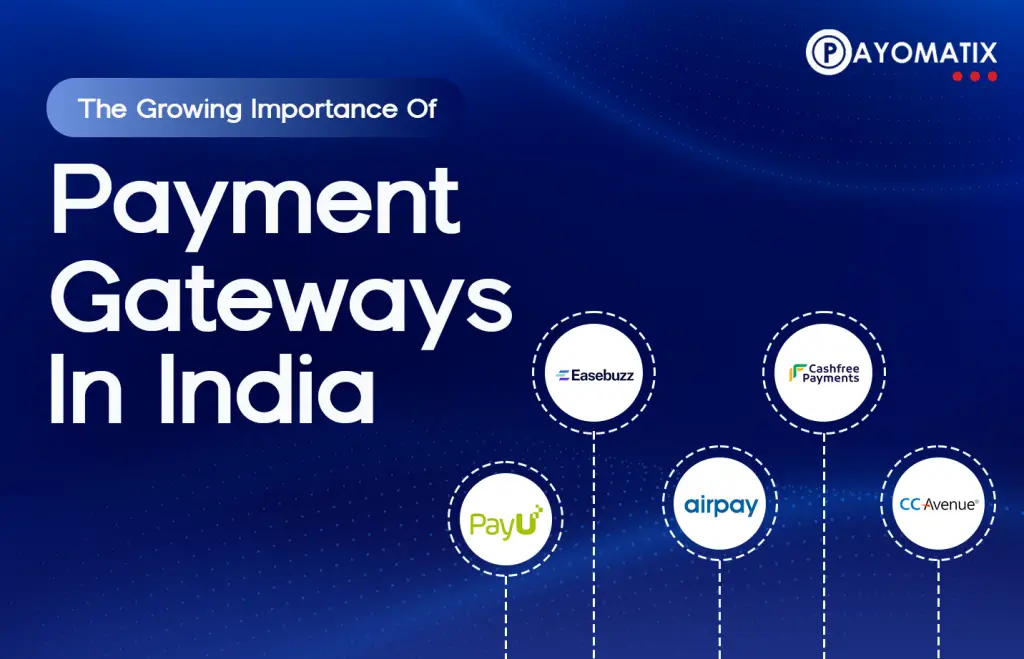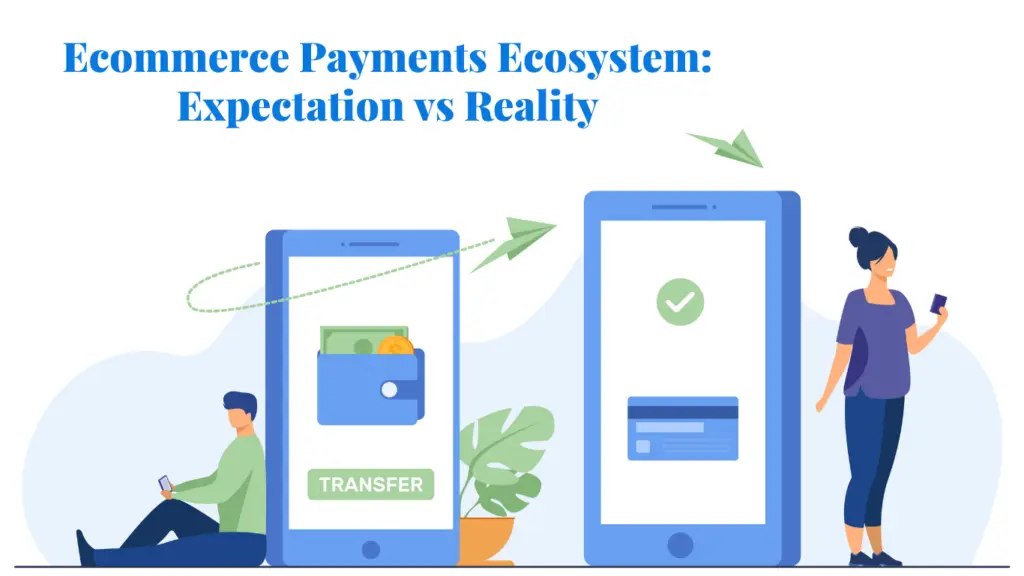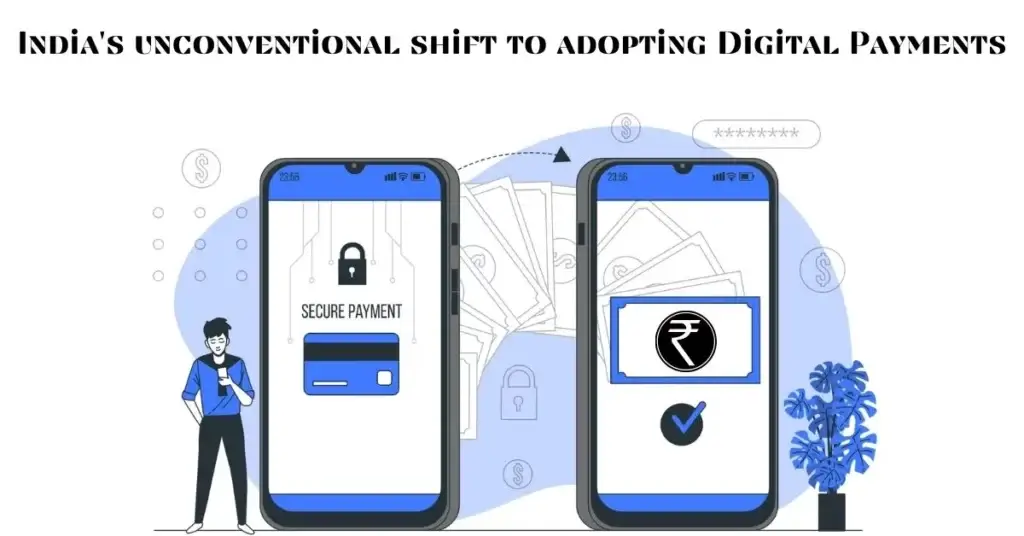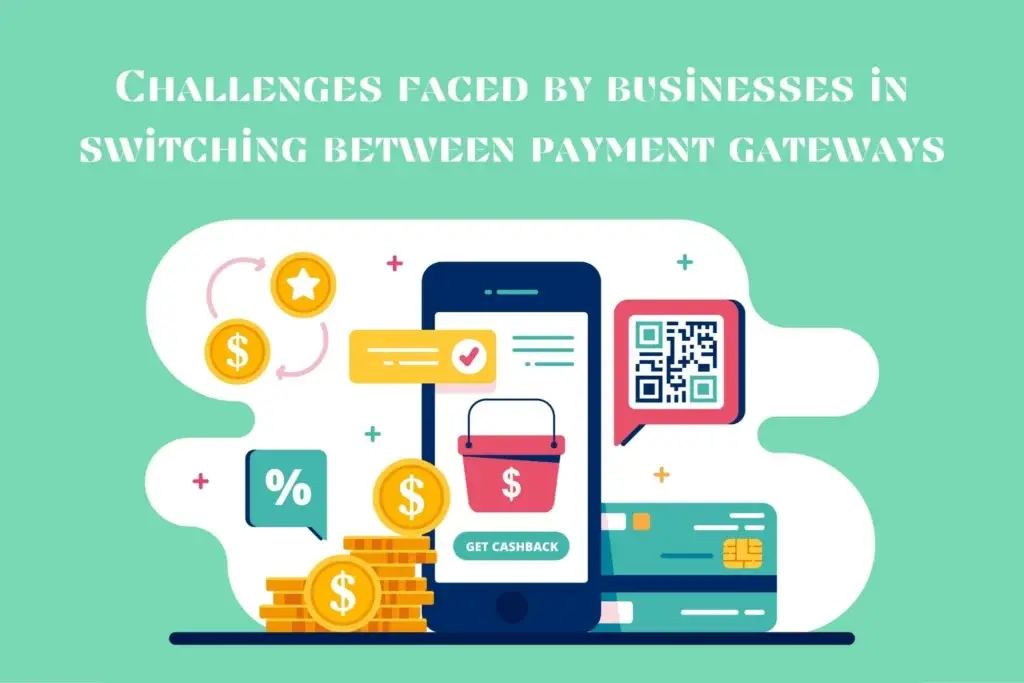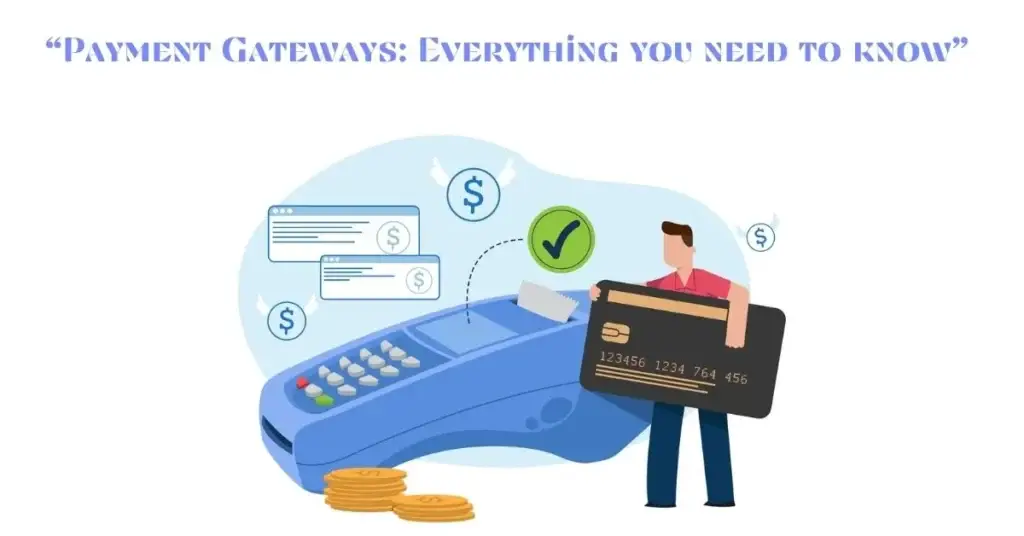Over the past decade, India’s digital economy has rapidly transformed, with payment gateways playing a crucial role in this evolution. As online transactions become more prevalent, the need for secure, efficient, and reliable payment processing systems has grown exponentially.
In India, payment gateways like Payomatix, Razorpay, PayU, and CCAvenue are essential for seamless online transactions for businesses and consumers. This article examines the increasing importance of payment gateways in India, the challenges they address, and the future trends shaping the industry.
The Role of Payment Gateways in India’s Digital Economy
Payment gateways act as a bridge, securely transmitting payment data from customer’s bank to the merchant’s account for online transactions. They ensure smooth fund flow in digital transactions and support various payment methods, including UPI, cards, net banking, and wallets.
With India’s push for a cashless economy, payment gateways have become crucial in e-commerce, retail, hospitality, education, and healthcare. These gateways help businesses meet the growing demand for online payments, offering customers a convenient and secure transaction method.
Factors Driving the Growth of Payment Gateways in India
- Rapid Digitalization and Internet Penetration: The Indian government’s Digital India initiative, coupled with increased Internet penetration, has accelerated digital adoption across the country. As more people gain access to the internet and smartphones, the demand for digital payment solutions has surged, driving the growth of payment gateways.
- Unified Payments Interface (UPI): The introduction of UPI by the National Payments Corporation of India (NPCI) revolutionized digital payments in India by allowing instant money transfers between bank accounts. UPI has become one of the most popular payment methods, with over 10 billion transactions processed in August 2023 alone. Payment gateways that support UPI have become essential for businesses looking to tap into the Indian market.
- Government Initiatives and Policies: The Indian government has promoted digital payments through policies like demonetization, GST, and digital payment incentives. Consequently, these initiatives have driven businesses and consumers to adopt digital methods, boosting demand for payment gateways.
- Rise of E-commerce and Online Retail: The e-commerce sector in India has grown exponentially, with more consumers opting for online shopping. Payment gateways have become integral to e-commerce platforms, enabling businesses to offer multiple payment options and ensuring a seamless checkout experience for customers.
- Increased Focus on Financial Inclusion: Payment gateways play a crucial role in promoting financial inclusion by providing digital payment solutions to underserved and unbanked populations. With the rise of mobile wallets and UPI, even those without traditional bank accounts can participate in the digital economy.
Challenges Addressed by Payment Gateways in India
- Security Concerns: One of the significant challenges in digital payments is ensuring the security of transactions. Payment gateways use encryption, tokenization, and other security measures to protect sensitive customer data, reducing the risk of fraud and cyberattacks.
- Seamless integration with multiple payment methods: To cater to diverse customer preferences, businesses in India must offer various payment options. Consequently, payment gateways like Payomatix provide seamless integration with methods such as UPI, credit/debit cards, net banking, and digital wallets, thereby enhancing the customer experience.
- Real-time Payment Processing: Payment gateways enable real-time payment processing, ensuring that transactions are completed quickly and efficiently. This capability is particularly important for e-commerce businesses, where a smooth payment process is critical to reducing cart abandonment rates.
- Regulatory Compliance: As the regulatory landscape in India evolves with new RBI guidelines for digital payment safety, payment gateways help businesses stay compliant, minimizing penalties and reputational risks.
Future Trends Shaping the Payment Gateway Industry in India
- Adoption of Artificial Intelligence and Machine Learning: AI and ML in payment gateways enhance fraud detection and optimize processing by analyzing data in real time to spot fraudulent patterns.
- Expansion of Cross-border Payments: As Indian businesses expand globally, they need payment gateways that ensure secure, seamless cross-border transactions. Consequently, gateways with multi-currency support, competitive exchange rates, and international compliance will gain a market edge.
- Growth of Contactless Payments: The COVID-19 pandemic accelerated the use of contactless payments, such as NFC and QR code transactions. Consequently, payment gateways supporting these technologies will become more important as consumers prioritize safety and convenience.
- Rise of White-label Payment Gateways: White-label payment gateways are popular for businesses wanting branded solutions without developing their own infrastructure. Payomatix provides white-label solutions, enabling businesses to customize payment gateways while benefiting from its advanced technology and security features.
- Focus on User Experience and Customization: As competition intensifies, businesses must stand out by offering a superior user experience in payment gateways. Therefore, gateways with customizable checkout pages, multi-language support, and personalized payment options will be well-positioned to capture market share.
How Payomatix is Leading the Way in Payment Gateway Innovation
Payomatix is at the forefront of India’s payment gateway industry, offering features designed to meet the evolving needs of businesses and consumers. Here’s how Payomatix is reshaping the payment gateway landscape:
- Unified Integration: Payomatix offers a single API integrating multiple gateways, banks, and institutions, simplifying payments and enhancing customer experience.
- Advanced Security Features: Payomatix guarantees secure and compliant transactions through built-in fraud detection, two-factor authentication, and advanced encryption technologies.
- Customizable Solutions: Payomatix offers white-label payment gateway solutions, so businesses can provide branded services without investing in infrastructure.
- Real-time Analytics and Reporting: Businesses access detailed transaction data and insights, helping them make informed decisions and optimize payments.
- 24/7 Customer Support: Payomatix offers 24/7 dedicated customer support, thereby ensuring businesses get the necessary help to manage payment processes effectively.
Conclusion
The growing importance of payment gateways in India cannot be overstated. As India moves toward a cashless economy, the need for secure, efficient, and reliable payment processing solutions will keep growing. By leveraging innovative technologies and offering customizable solutions, Payomatix is well-positioned to lead the charge in this dynamic industry. Whether you’re a small business expanding online or a large enterprise optimizing payments, Payomatix provides tools and expertise for success.
Explore the full range of payment solutions offered by Payomatix on our website or contact us today to learn more about how we can help your business grow.

